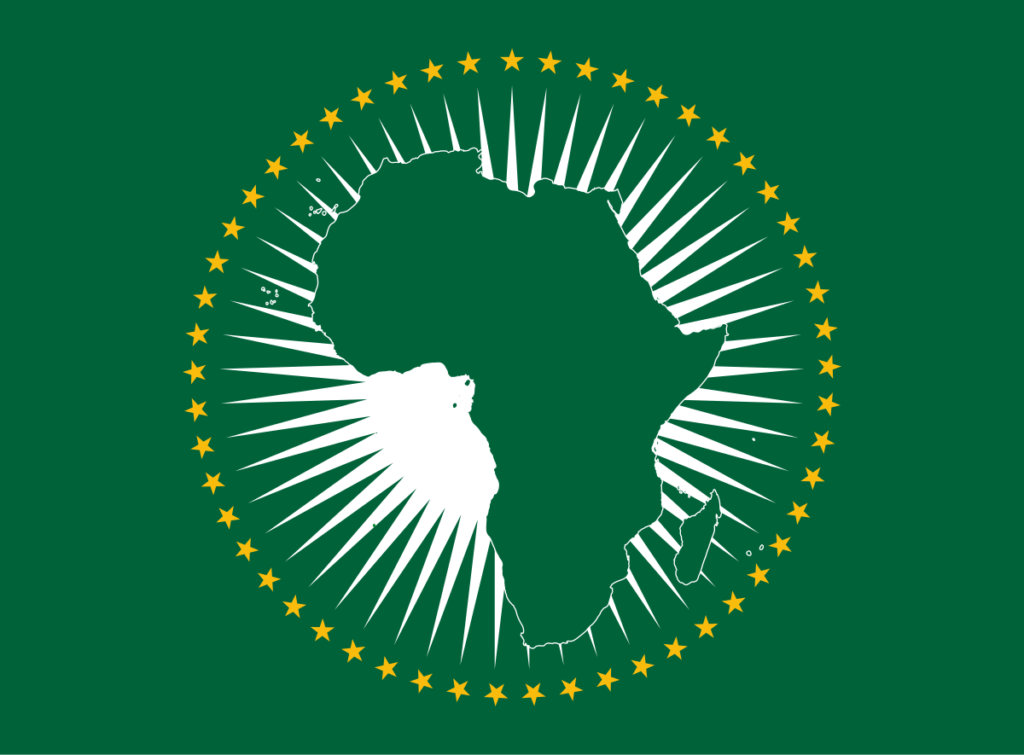Permanent Emergency Powers in France: The ‘Law to Strengthen Internal Security and the Fight Against Terrorism’ and the Protection of Human Rights
On November 1, 2017, France introduced a new Counter-Terrorism Law ending a two-year state of emergency and making many of the exceptional measures taken under the state of emergency permanent law. Taking into account past practices of ethnic profiling displayed by the French police, the passing of the law constitutes a worrisome development and raises a number of concerns about France’s compliance with its human rights obligations. The paper discussed these implications of the new law in the wider context of counter-terrorism trends.
Keywords: counter-terrorism, ethnic profiling, human rights, state of emergency
Palestinian Suicide Bombers Revisited: A critique of current wisdom
A fundamental question has dominated the study of terrorism and suicide attacks. After the September 11 attacks, scholars have primarily relied on themes from neoclassical economics to develop theoretical and empirical models of terrorism. Suicide attackers and terrorist were seen as optimizing agents. But this innovative approach failed to deliver and obscured more than it illuminated. It failed to yield meaningful predictions and practical policy implications. This paper considers the merits of this approach and surveys evidence gathered from the biographical sketches of 50 Palestinian suicide attackers.
From Vienna to New York: Diverging attitudes and expectations among NPT members spell trouble for the 2015 NPT Review

The resurgence of Cold War style rhetoric between Russia and “the West”, ongoing concerns over North Korea’s nuclear program, a still elusive nuclear deal with Iran, and the recurrent fear of nuclear-armed non-state actors all stand as stark reminders that humanity still lives with the unacceptable risk of nuclear war. In this timely and important article, Rob van Riet reviews the promises and ambiguities of recent conferences, summits, working group sessions, legal actions, and negotiations on nuclear weapons, and evaluates the potential of the NPT review conference in May this year to make real political progress towards the goal of nuclear disarmament.
Thinking the Unthinkable
Thinking the Unthinkable Author: Fraser Gray Originally published at Peace and Conflict Monitor on 05/01/2006 Officially since 1967, and arguably before then, the US has considered Israel a key ally in the Middle East. As the primary, and by far the largest, recipient of US military aid and diplomatic support since that date, Israel has […]
You can’t make a deal with the dead
You cannot negotiate with dead men. MI6 and, eventually, the British government recognised that a political struggle requires a political solution. However brutal the IRA’s day-to-day terrorism, a strong, coherent republican leadership was in the strategic interest of the British state.
The Case of the African Union’s (AU’s) Initiatives, 1999-2014

As regional organizations facilitate economic integration, they also find themselves increasingly taking responsibility for security issues as well. This paper outlines the experience of the Africa Union, and the challenges it faces as it emerges as a guarantor of security on the continent.
